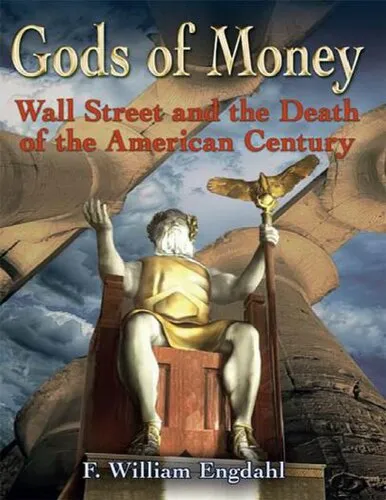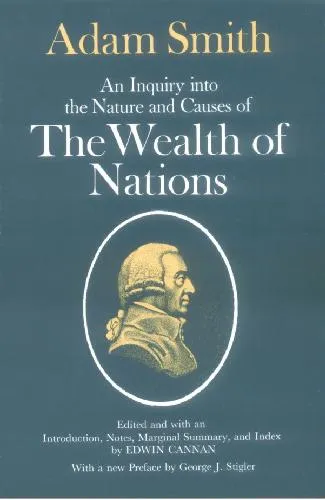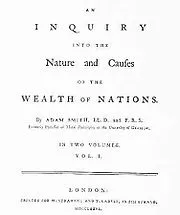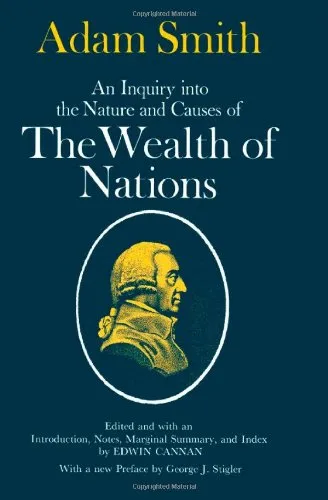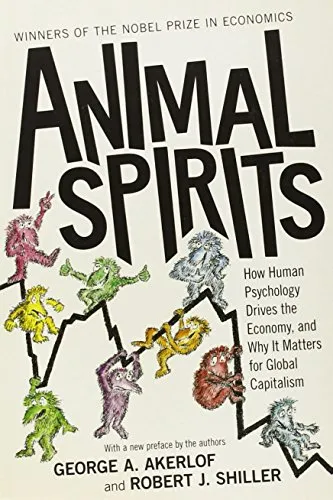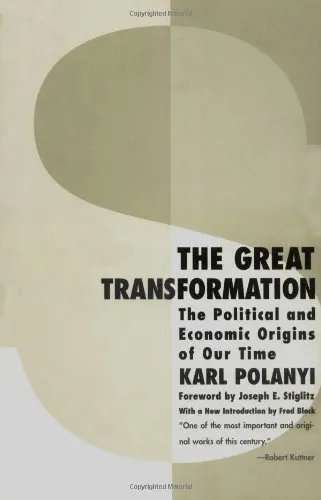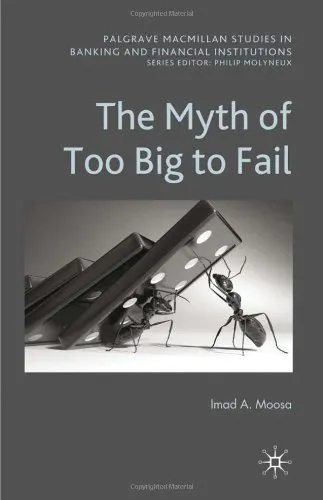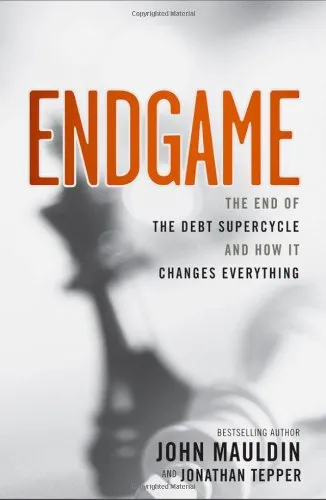Gods of money; Wall Street and the death of the American century
4.7
Reviews from our users

You Can Ask your questions from this book's AI after Login
Each download or ask from book AI costs 2 points. To earn more free points, please visit the Points Guide Page and complete some valuable actions.Related Refrences:
Introduction to 'Gods of Money: Wall Street and the Death of the American Century'
"Gods of Money: Wall Street and the Death of the American Century," written by William Engdahl, is a compelling examination of the inner machinations of global finance and its profound impact on the economic and political landscape of the United States. This book offers an intricate exploration of how powerful financial interests have shaped, and often destabilized, the world economy, wielding influence comparable to divine powers—hence the title "Gods of Money."
Detailed Summary of the Book
Engdahl's narrative is a historical voyage through the 20th century, focusing on the pivotal events and policies that crafted the dominion of Wall Street and its eventual decline. The book unveils the creation of the Federal Reserve System and the gradual shift from an industrial-based economy to one dominated by financial speculation and debt. Engdahl meticulously details how these economic transformations aligned with American geopolitical strategies, often underpinning military and diplomatic initiatives under the guise of spreading democracy and free-market capitalism.
The author illustrates critical episodes such as the Bretton Woods Conference, the end of the gold standard, and the manipulations around oil pricing during the 1970s. He describes the cyclical rise and fall of financial hegemonies and the resulting societal consequences, both domestically and globally. By dissecting these moments, Engdahl argues that financial elites have repeatedly orchestrated economic policies that prioritize profits over the welfare of people, leading to systemic inequalities and fiscal crises.
Key Takeaways
- The intertwining of finance and statecraft, demonstrating financial institutions' influence on political decisions.
- The historical impact of the Federal Reserve's monetary policies on both economic stability and global economic leadership.
- The cyclical patterns of financial crisis and recovery, driven primarily by speculative excess and lack of regulatory oversight.
- The role of Wall Street in shaping global economic order, often favoring American corporate interests over genuine international development.
Famous Quotes from the Book
"The gods of money have long ruled the Earth, transforming the world with their alchemy of finance." — William Engdahl
"The dollar's hegemony was not born out of economic prowess, but from strategic manipulation and geopolitical maneuvering." — William Engdahl
Why This Book Matters
"Gods of Money" stands as a crucial text for understanding the complexities of global finance and its broader implications for the modern world. In an era where financial crises can determine the fate of entire nations, Engdahl provides a critical lens through which to evaluate the power dynamics inherent in financial systems. This book is essential for economists, historians, and political analysts alike who seek to unravel the intricate relationships between economics and politics.
More than just a historical account, Engdahl’s work serves as a cautionary tale about the unchecked power of financial institutions and the dangers of prioritizing economic growth over societal well-being. By understanding the historical roots and development of these issues, readers are better equipped to engage with contemporary debates surrounding economic policy and reform.
Free Direct Download
You Can Download this book after Login
Accessing books through legal platforms and public libraries not only supports the rights of authors and publishers but also contributes to the sustainability of reading culture. Before downloading, please take a moment to consider these options.
Find this book on other platforms:
WorldCat helps you find books in libraries worldwide.
See ratings, reviews, and discussions on Goodreads.
Find and buy rare or used books on AbeBooks.
1389
بازدید4.7
امتیاز0
نظر98%
رضایتReviews:
4.7
Based on 0 users review
Questions & Answers
Ask questions about this book or help others by answering
No questions yet. Be the first to ask!
